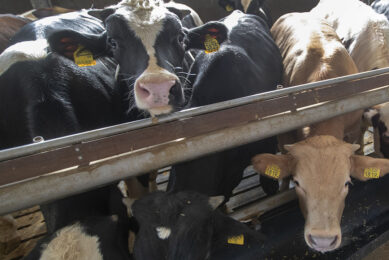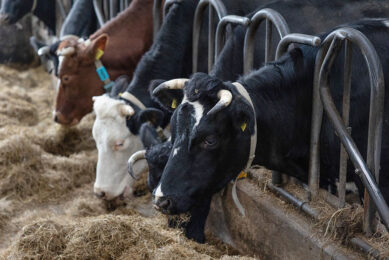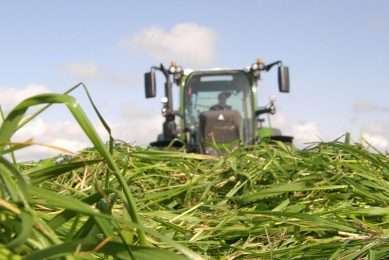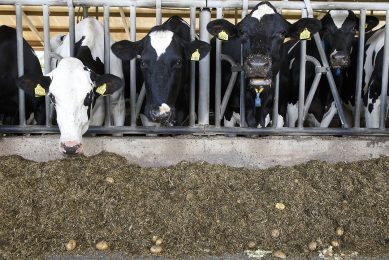R-CALF: “Canadian feed ban not effective”
The Canadian government has confirmed that its latest case of bovine spongiform encephalopathy (BSE) was in an Alberta bull born in 2000 – well beyond the 1997 implementation of Canada’s feed ban – and well beyond March 1, 1999, the date after which the Canadian feed ban was previously hoped to have become effective.
As a result of this and other recent evidence showing that the 1999 feed
ban was not effective in preventing subsequent cases of BSE, R-CALF USA is
again calling upon the U.S. Department of Agriculture (USDA) to immediately
withdraw its plans to reopen the Canadian border to cattle over 30 months (OTM)
of age.
“Half of Canada’s detected BSE cases so far have been born after its feed
ban was established, clearly demonstrating that the feed ban has not prevented
subsequent cases of BSE in Canada and proving that USDA’s OTM rule will increase
the risk of introducing BSE-infected cattle into the United States,” said R-CALF
USA CEO Bill Bullard.
Non-compliance
“With the
discovery in Canada of several cattle testing positive for BSE that were born
years after the implementation of Canada’s feed ban, there is plenty of evidence
of non-compliance,” said R-CALF USA Vice President and Region II Director Randy
Stevenson. “The confirmation of this bull, born in 2000 – three years after the
feed ban was implemented – literally shouts non-compliance. “Isn’t it time USDA
started representing U.S. cattle producers,” Stevenson asked. “Wouldn’t it be
great if the agency followed its own mission statement – ‘to protect the health
and value of American agriculture and natural resources.'”
Canada’s newest improved feed ban is scheduled to take effect on July
12, and the Canadian government says the result will be that BSE is eliminated
from its cattle herd in approximately 10 years, and that its level of BSE
‘continues to decline.’
To subscribe to the AllAboutFeed newsletter
click here.











